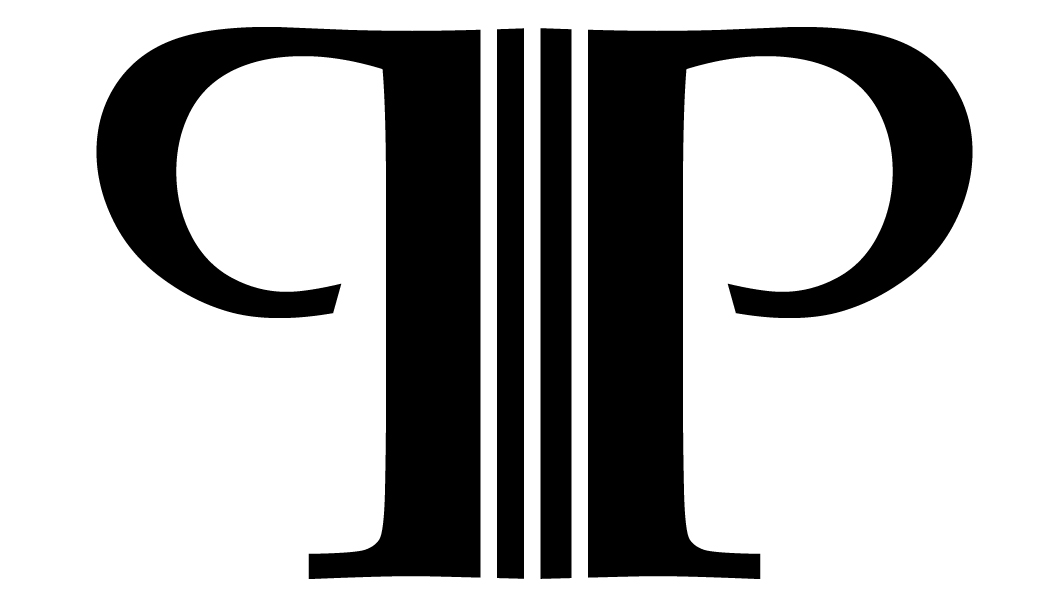Born Mstislav Leopoldovich Rostropovich, nicknamed 'Slava', on March 27, 1927, the son and grandson of cellists became a noted cellist, pianist, conductor and political figure. Rostropovich became a symbol for struggle against oppression. A representative for the power of music.
He made his concert debut at age 13. Before he was 30 years old he had been awarded the State Stalin's prize in recognition of his numerous competition victories. He was close friends with Shostakovich, Prokofiev and Benjamin Britten who all composed for the talented musician helping him to make his musical mark on the world.
However, it was his friendship with dissident writer Alexksandr Solzhenitsyn that began to make his mark as a powerful world political figure.
In 1969 Solzhenitsyn was wanted by Soviet authorities. Rostropovich and his wife, Galina Vishnevskaya made a plan to have Solzhenitsyn stay at their dacha outside of Moscow. When this was discovered, authorities were furious with the cellist. In retribution they banned Rostropovich from all international tours and even from performances within the Soviet Union. All of this reduced his income to only that from his teaching.
After years of punishment and argument with the government; Rostropovich, his family - consisting of his wife and two daughters - defected to the United States. Leonid Brezhnev immediately revoked his citizenship.
While he missed his friends, the home of his birth, he was free here and in 1977 became the music director of the National Symphony Orchestra in Washington, DC. While in the United States Rostropovich toured, taught (one student being Jacqueline Dupre) made recordings and solidified his position as the best cellist of his time.
His activism for a free society continued. In 1989 Rostropovich sat quietly and played the Bach Unaccompanied Cello Suites in the rubble after the fall of the Berlin Wall.
Gorbachev restored Rostropovich's citizenship in 1990 and he returned during the collapse of the Soviet Union. Back in his homeland he worked with Russian president Boris Yeltsin in the coup against hardline communism. In free Russia he began to speak out about political freedoms. He and his wife established the Vishnevskaya-Rostropovich Foundation to improve the health care for all Russian children.
Slava was laid to rest in Moscow at age 80. Among the many awards and medals he had received were the Order of Service to the Fatherland medal of Russia, Presidential Medal of Freedom, (in the United States) and the Defender of Free Russia medal in 1993.
“The Ultimate measure of a man is not where he stands in moments of comfort and convenience, but where he stands at times of challenge and controversy.” Martin Luther King Jr.
There is much to be learned from the past.
Melissa
